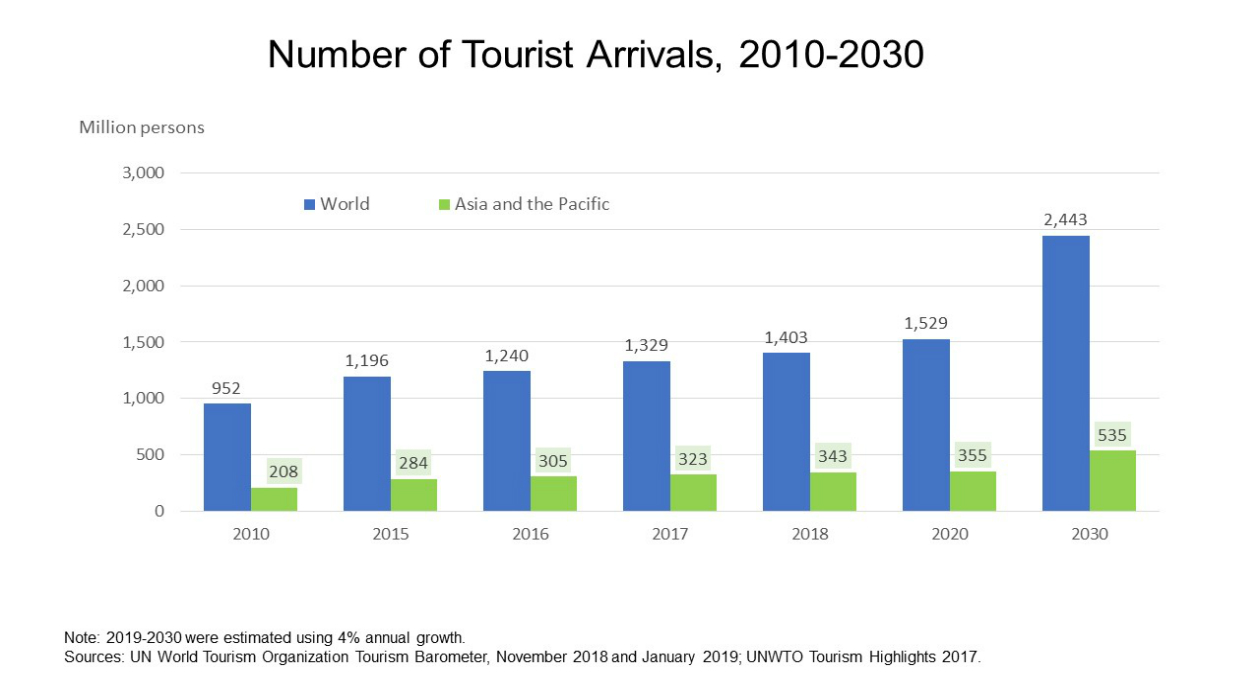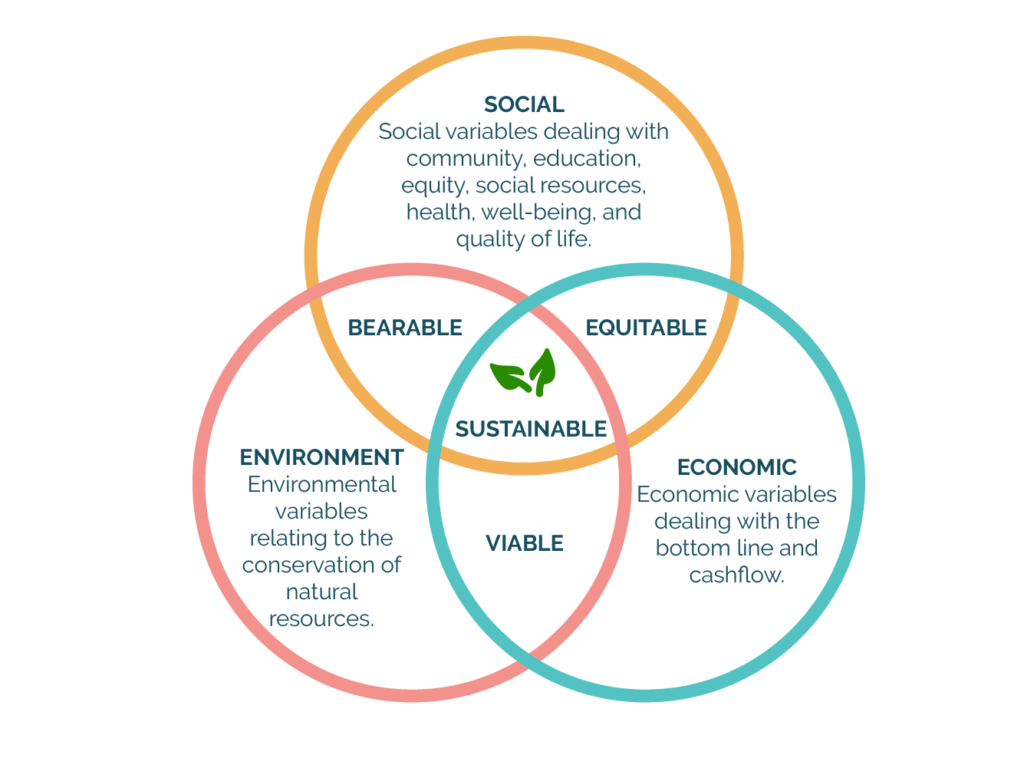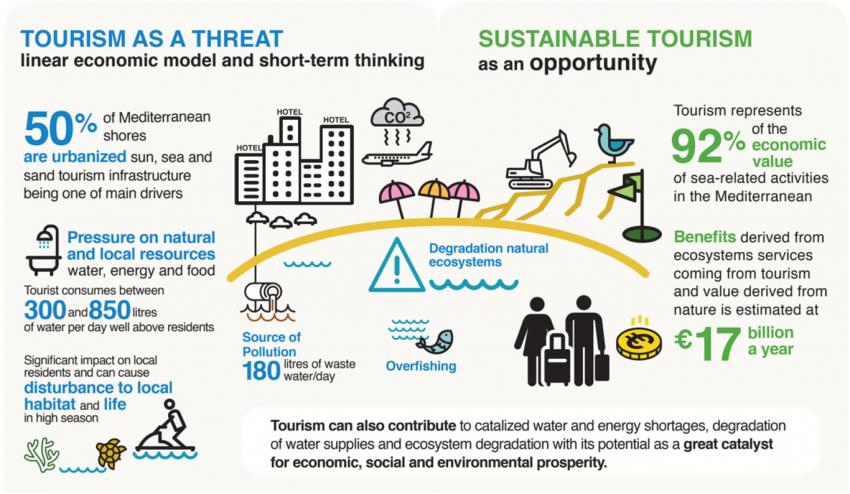2020 and 2021 have been the years holding every element to be remembered for years, with future human generations equating these to the ilks of 1940s, 1970s or the 1990s.
Pandemic waves, related insecurities, persistent lockdowns and unceasing loss of Human lives in addition to the waning certainty of one’s own life in bleak picture of planet’s approaching annihilation, has resulted in extreme urge to live, like there is no tomorrow.
And hence the need to travel and see the World, has come afront. The best way to learn life and all its aspects is to travel and recreate. And yes, there is a way for Sustainable travelling.
Responsible or Sustainable tourism is an attempt to minimize negative socio-economic and environmental impacts on communities in direct contact with nature.
Not only this but economic benefits and well-being for local people becomes a priority. Tourists, in turn, get more enjoyable experiences of the place and meaningful connections with local population those last forever.
A greater understanding of local culture, social and environmental issues relevant to the land encourages greater respect between tourists and hosts.
“Achieving sustainable tourism is a continuous process and it requires constant monitoring of impacts, introducing the necessary preventive and/or corrective measures whenever necessary”, according to UNWTO (World Tourism Organization).
Why should we think about sustainable tourism too?
Over the years, reckless and profit-centered tourism has destroyed various intricate belongings of local lives and Nature.
Overseeing the negative impact on Nature for years, people are now heavily concerned about how their traveling practices might actually indirectly contribute to the degradation and demise of the planet in the long run.
A Sustainable Travel Trends Survey conducted by digital platform Agoda, shared its findings to mark the World Environment Day.
It involved answers from nearly 18,327 travelers worldwide and 1,020 alone from India.
“Research in the UK has also shown that the number of people who say a company’s sustainability credentials matter has doubled in the last four years, too. So rather than putting people off, offering sustainable options and educating travelers on the sustainability of their vacations could well bring you new business instead.”

What do the findings tell?
The survey has come to reveal the topmost concern of Indian travelers that is the unchecked pollution of beaches and waterways as well as over-tourism.
The mass use of single-use plastic to be ultimately dumped in serene, untouched places and the energy inefficiencies due to burgeoning tourists in seasons are other worries ruling minds.
Accordingly, the preference is now being able to easily identify sustainable eco-friendly options for traveling as a measure to make one’s trip more sustainable, to be accomplished by limited use of single-use plastic.
Participants of the survey believe that a provision for financial incentives need to exist for those accommodation providers taking measures to maximize energy efficiencies.
In addition to these, a need for demarcating more protected areas have been felt, consequently limiting the number of tourists to such fragile places of Nature’s duress and removal of use-and-throw bathroom amenities is required for sustainable travel.
CEO of the survey firm explains: “We can see from the survey that the messages of taking simple steps such as switching off lights and air conditioning when leaving the room or reducing waste by minimizing use of single-use plastics are being embraced by the public across the globe.”
Indian travelers and their sustainable preferences:
Indians could associate the most with sustainability, the pre-requisites topping Indian list were renewable resources (36 per cent), natural cleaning products (32 per cent), and eco-friendly design or furniture (31 per cent).
Responsibility for Damage: Public Opinion
According to the survey, people across the world consider the respective governments to be most responsible for sustainable travel, 24% Indians consent to this case.
22% survey participants have cited tourism authorities as responsible for damage, while 20% stated themselves to be responsible for ensuring sustainable travel.
Well, the truth is, everyone has his own share of responsibility to this conundrum.
Governments need to put in place certain rules to ensure sustainability. The tourism authorities need to ensure the approved sustainability practices to be followed and no escape from rules and regulations.
Travelers and the practice of Sustainability:
The CEO further clarifies: “One of the ways to counter concerns about over-tourism is to consider travelling to off-the-beaten track destinations. This past year, on our platform, we saw a shift in travel patterns, as people, limited to domestic travel, explore lesser-known areas.”
Tourists can, apart from just managing waste, avoiding single-use products and running after eco-friendly accommodations, choose to calculate and manage their own carbon footprints by travelling sustainably.




